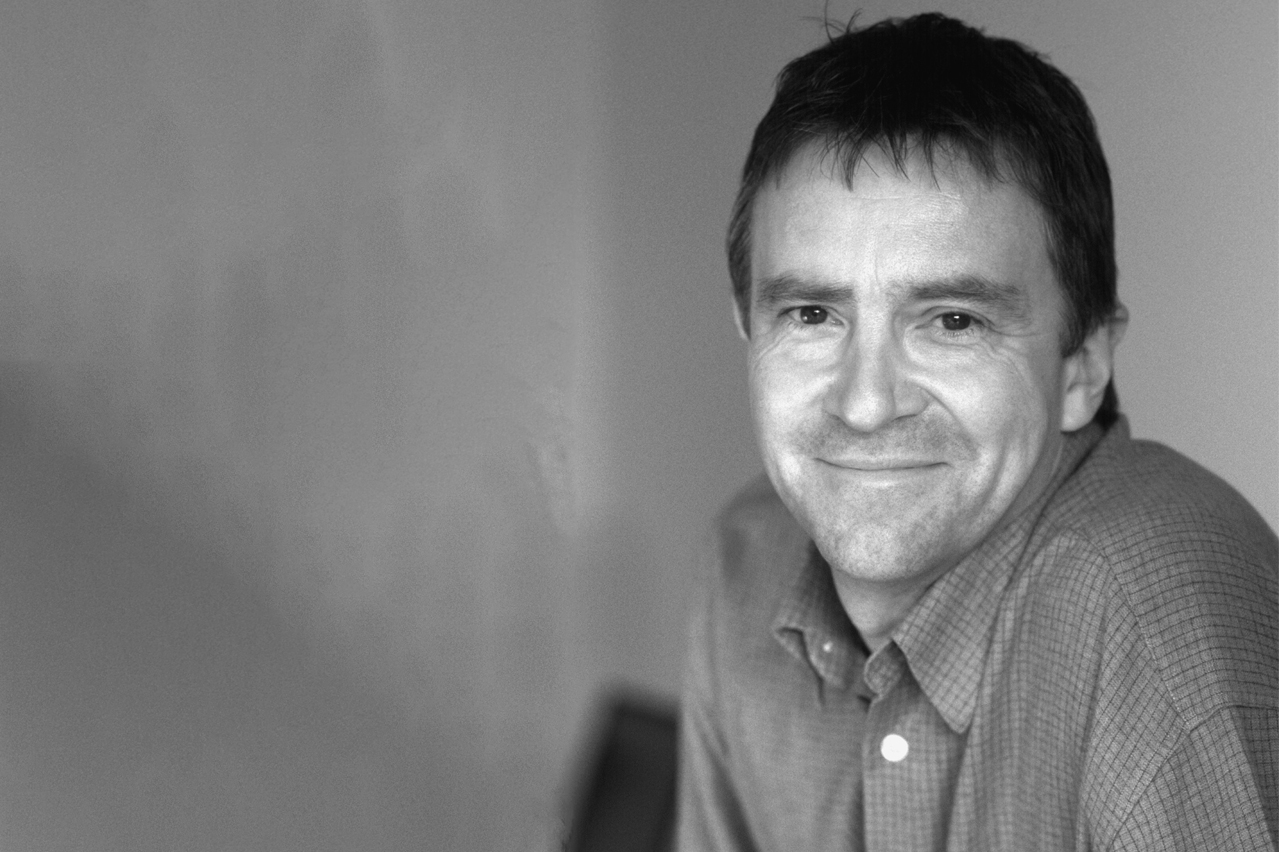Phil Hobbs shares the standout moments from his interview at a Unique Perspectives event with John McCarthy CBE. Here, he highlights what the insurance industry can learn from John’s experience and how we can apply this to our personal and work lives, and in working together as an industry.
John McCarthy is a British journalist, writer and broadcaster, and is also known for his ordeal during the Lebanese civil war as the longest held UK hostage in the conflict. John is a patron of Freedom from Torture and was appointed a CBE in 1992. Kidnapped soon after landing in Lebanon, John was to spend more than five years in captivity.
When John spoke at our Unique Perspectives event in February, I found his dignity and resilience, despite the physical and mental abuse he suffered at the hands of his captors for more than five years, utterly inspirational. Remarkably he is not bitter and has retained his sense of humour, against all odds. John speaks on topics such as communication, relationships, bullying, survival and teamwork, having seen human behaviour at is very worst, and, as he recalls, best. These are all of course topics that are ever relevant to our personal and our work lives, and we can all learn several vital lessons from John’s reflections on his ordeal.
Remarkable resilience
John had watched news reels about Lebanon and thought he had a fairly accurate idea of what to expect when he arrived. He was taken aback upon his arrival to see the devastation caused by ten years of war. It struck him to see the “remarkable resilience” of local people and families, “determined to keep ordinary life going.” People are remarkably resilient in the face of adversity, as we often see in our own experiences providing restitution to those devastated by catastrophic events.
As John was being kidnapped, he still couldn’t believe or process what was happening to him. The feeling of denial quickly turned to the realisation that he may not ever regain control of his life or see his loved ones again.
I find it difficult to imagine how this would feel, and even more difficult to comprehend how John managed to maintain positivity and hope in a seemingly desperate situation. Our industry often looks at the negative in life, thinking about what can go wrong and what risks we face. John’s attitude, however, is a vital lesson in how to remain positive despite the difficulties. Even as insurers, we can and should try to look at the risk with a focus on how to mitigate and improve situations, for the benefit of others.
After spending several months in solitary confinement, John was moved to a new location. He was put in a cell with fellow hostage, Brian Keenan, with whom he’d live in close quarters for the next four years. The two men became fast friends, having shared the same experiences in captivity, the self-reflection and vast range of emotions. They were amazingly able to find humour in their dire situation, something which “really did help us survive.”
This coping mechanism helped them to ease the strain of not knowing who had taken them, what would happen to them or if they’d ever get out. They used humour to ease the constant fear and strain of the unknown.
Learning from each other
John and Brian had no entertainment, other than their own conversation. They came from very different backgrounds and had lived contrasting lives until they were forced together by adversity. This led them to spend all their waking time talking. John explained: “We recognised that the differences in our backgrounds and experience were an incredible resource for each other. To draw on, to understand how you see things differently when you come from somewhere else and have lived differently, and also to celebrate some of the things that you completely agreed on”.
This inspired me to think about the benefits of having people from a diverse range of backgrounds and experiences in the room. The London market represents a huge cross-sector of society, and John’s reflection on the benefits of combined experience and opinions is as strong an argument as any to achieving our diversity goals and ensuring we represent the societies we serve.
Human nature
The most important thing John learnt, he said, was the importance of respect: “Respect for yourself, respect for each other, and respect for other people and their humanity.” John’s ability to retain that respect even for the people holding him was humbling.
Speaking to John was an incredibly moving insight into the best and worst of human nature. John left us with a story of when he had hit rock bottom. “I had got to the point where I had lost the energy to carry on. Optimism, the hard drive, everything had crashed.” At this stage he was being held with Brian and a few American hostages. It happened to all of them at some point, and they learnt how to manage it in each other.
“The others of us would leave the person for a day or two to reprogram the brain a bit, then we would bring them back. Not by directly challenging them but talking gibberish until the person engaged and we knew we had them back. That’s how we cared for each other. There was all the humour, the support, sharing stories and plans for the future, then there was the caring. The shared love and determination to keep going.”
It was remarkable listening to John relating this unimaginable experience, and to be able to draw on his lessons and observations. John’s raw experience of human nature and emotions, his ability to speak positively and even humorously about it, and the impact that he has on his listeners is a masterclass in forgiveness, understanding and humanity.

